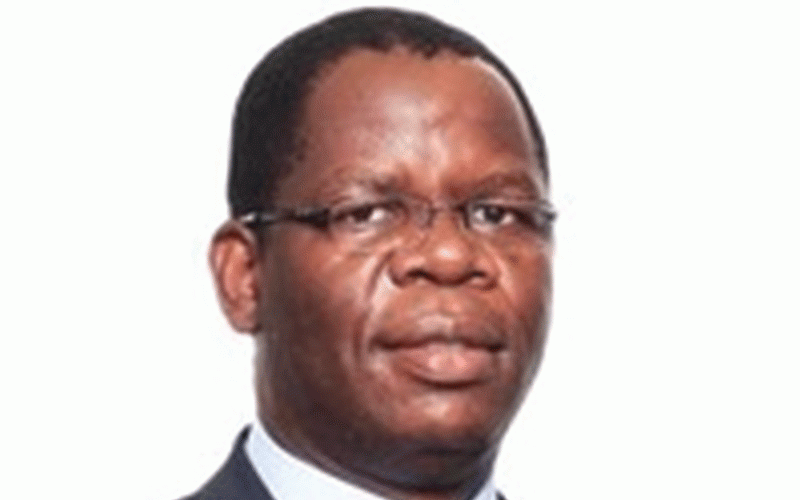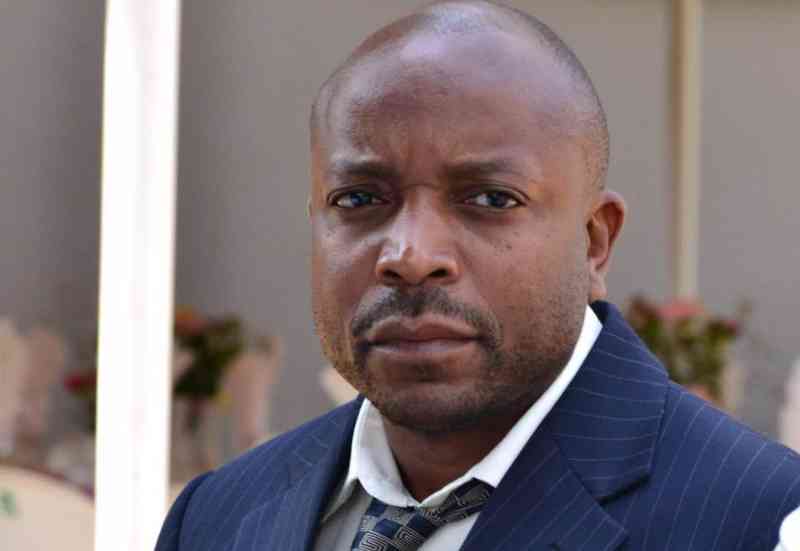
GANDY Gandidzanwa, the managing director of acturial consulting firm, Risk and Investment Management Consulting Actuaries (Rimca), has proposed a structural reconfiguration among a raft of measures to revive the pensions industry. Over the years, the industry has been grappling with challenges, mainly driven by the economic meltdown.
Speaking during the recent Zimbabwe Association of Pension Funds 5th edition of the Principal Officers and Chairman’s convention in Bulawayo, said there were seven levers the industry could leverage for success.
The levers are structural reconfiguration, fundamentals resetting, strategic positioning, regulatory reforms, product re-designing and innovation, technological adoption and digitilisation as well as economic environment normalisation.
“Number one for me is structural reconfiguration. So, the issue that I’ve always had with the defined contribution regime is how it all started. You need to go back to 1979 and you understand how the defined contribution regime, as we know of it today, started,” Gandidzanwa said.
“But, effectively, the point I want to bring home here is that the one issue that we have with the current regime is that it’s around its legal structure. It’s basically a legal structure that has been superimposed on a defined contribution regime.
“And you need to understand the differences between the two regimes for you to realise that you may not impose one structure over another.
“Risk was passed on to members at the point of transitioning from defined benefits to defined contributions, but no authority was equally passed to members.”
He said, members still had somebody making decisions on their behalf, yet all the risk lied with them.
- Long-serving pension funds trustees put on notice
- Bank charges eroding public confidence
- Work hard to regain market confidence, pension industry told
- Zimgold seeks to ramp up production
Keep Reading
“We inherited a trust structure under a defined contribution regime because that’s what it was under defined benefit regimes,” the Rimca director said.
“And I know, most of you probably have never questioned whether the trust structure, which then, you know, is us as trustees, as the key decision-makers, was actually ever the more appropriate legal structure to our specified contribution retirement savings.”
Gandidzanwa said the more innovative the company is, the more it becomes cost effective and member-centric.
He noted that strategic positioning was also a key lever for the strategic turnaround of the pension fund industry.
Gandidzanwa said the industry controlled a chunk of total national invested assets and in some jurisdictions.
“At some point, we were quite close to more than 50%. But obviously, over the years, that proportion has fallen quite significantly. But, the point remains that as an industry, we play or we hold quite a lot of power in terms of national dynamics,” Gandidzanwa said.
He said the industry could use that to claim its position as a bastion of economic resilience.
Gandidzanwa said no foreign investor would want to come and invest in a sector where the locals did not have that much trust and faith.
He said while regulatory reforms were worthy, they were not a one-off event.
“We need to take a relook and redefine our regulatory regime. The current structure is a bit confusing and I know it's not just a department thing,” Gandidzanwa said.
“You find this kind of structure in many other jurisdictions where sponsoring pension funds by employers is not compulsory.”
He said there was a need to strike the right balance between short, medium and long-term benefits and to make pension benefits real and tangible for workers.
Gandidzanwa further reiterated the economic environment normalisation saying it was the elephant in the room.











